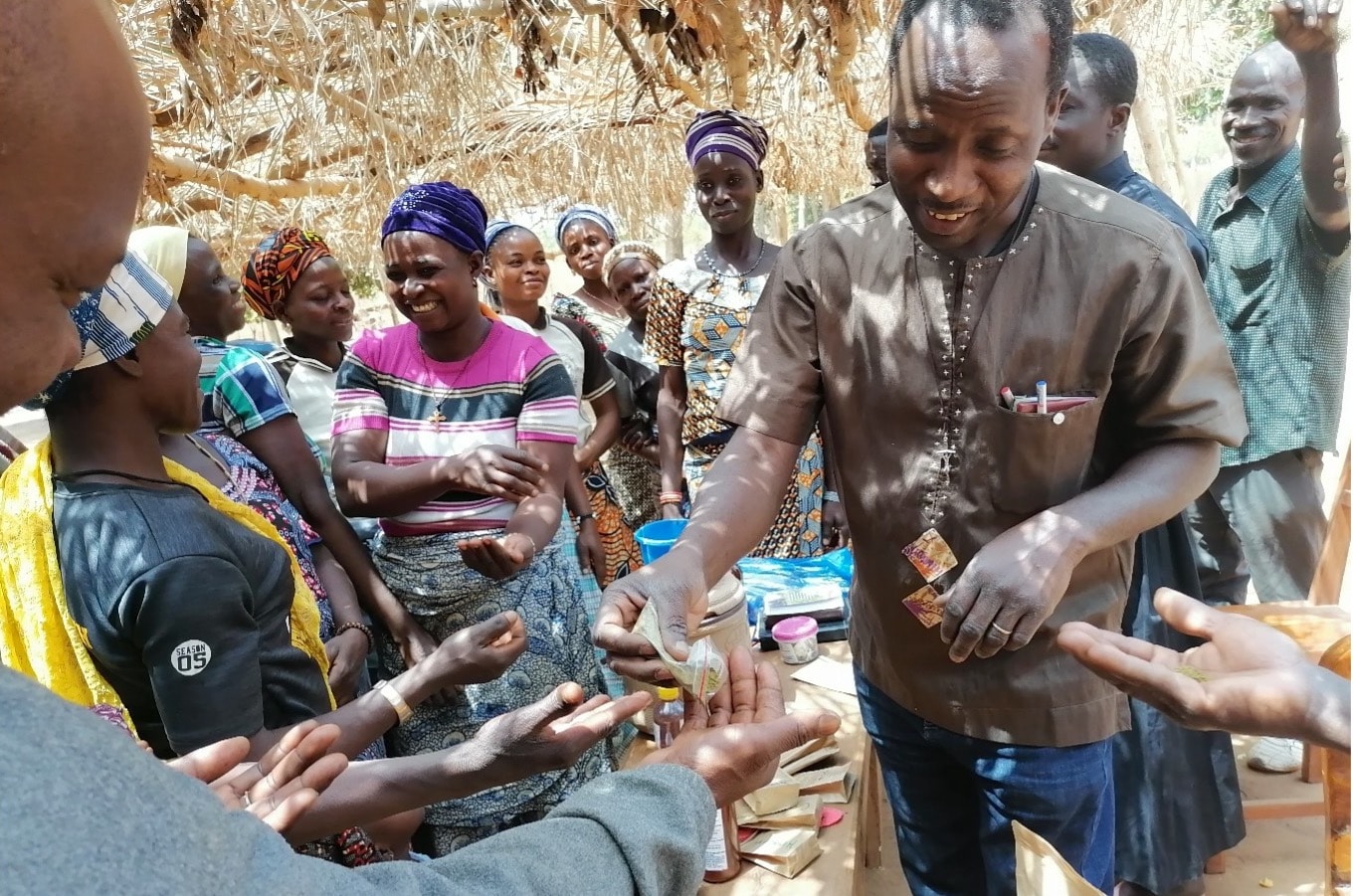14 Jan. 2022
Malaria-free diocese in northern Benin

Recent News

“Merci de nous avoir contacté, nous revenons au plus vite vers vous.”
L’équipe artemisia